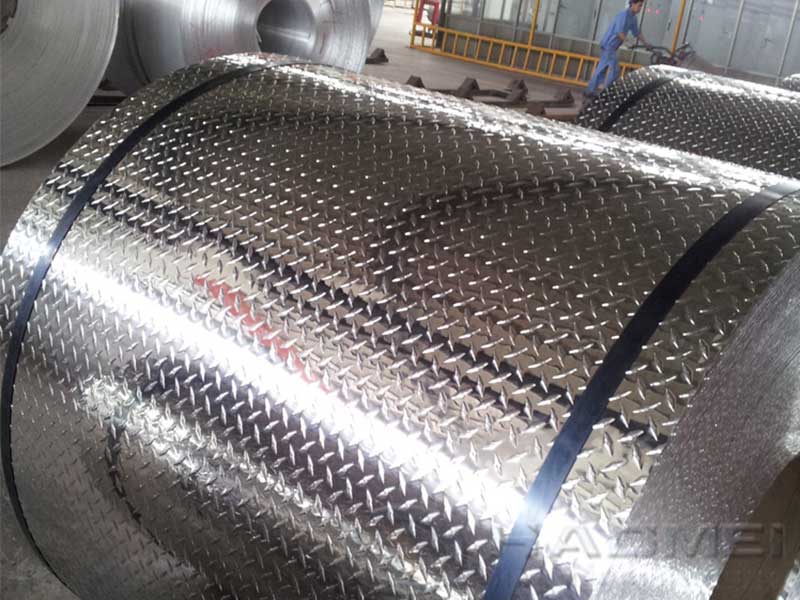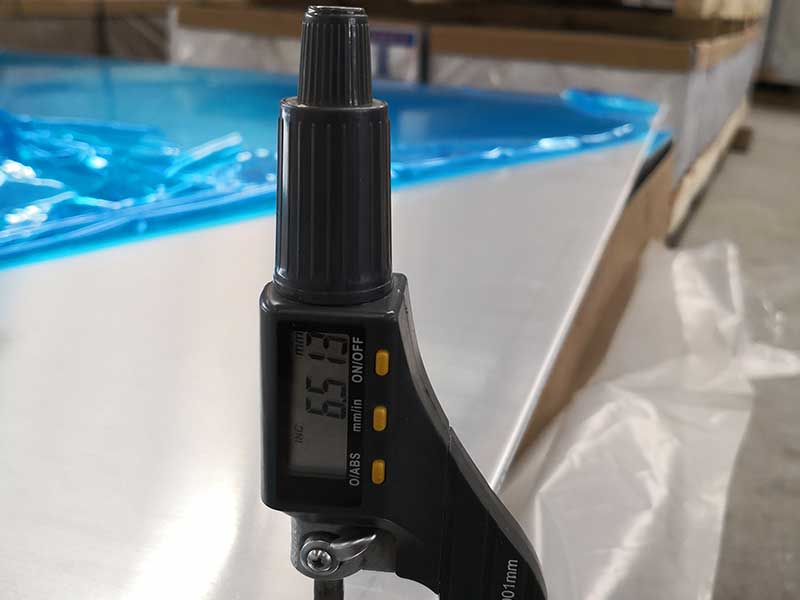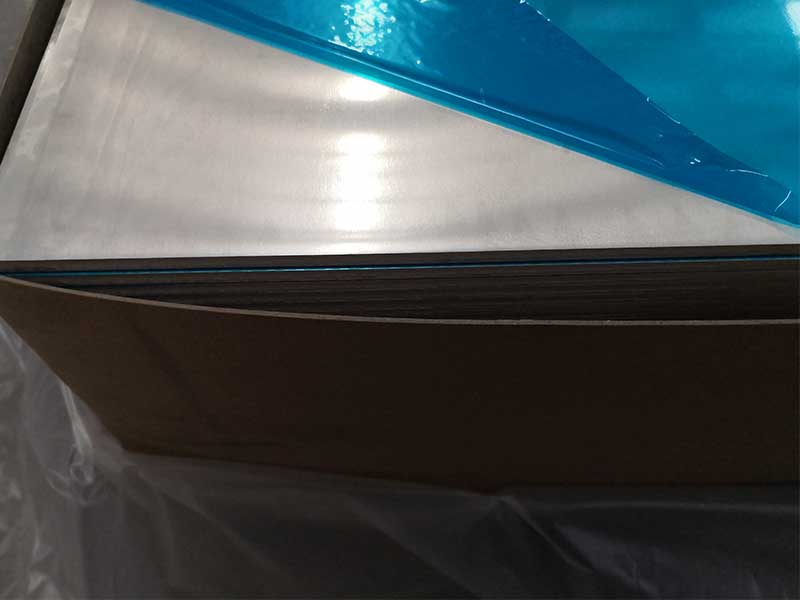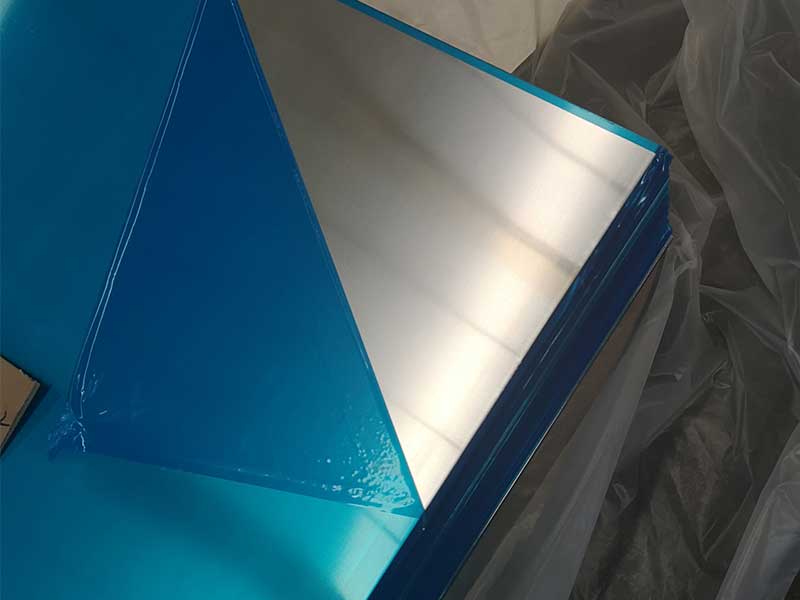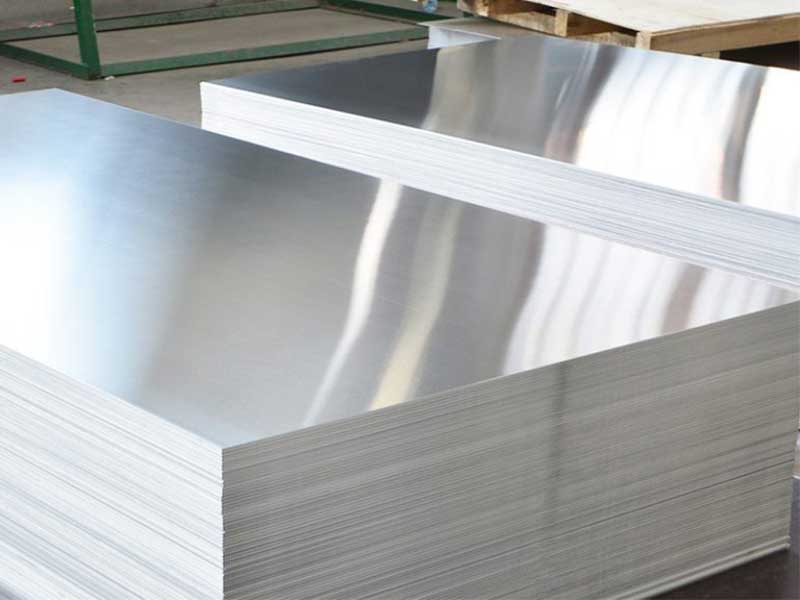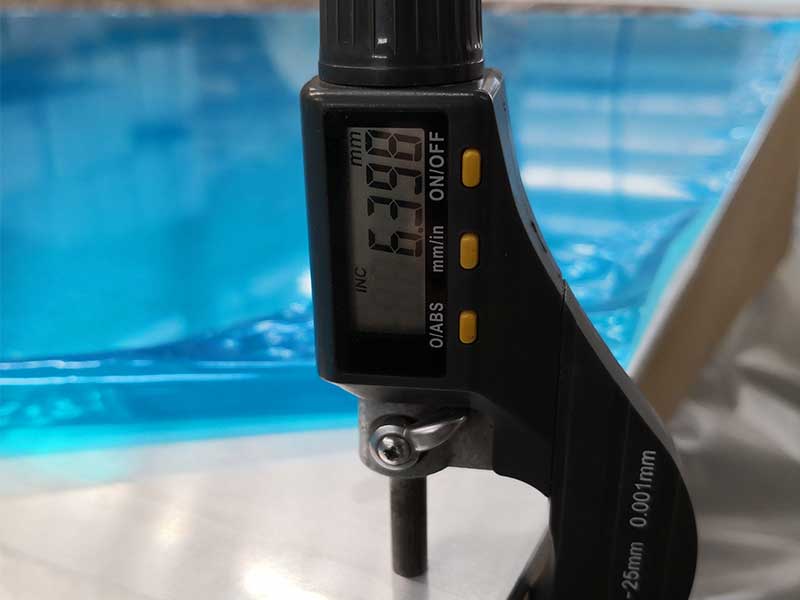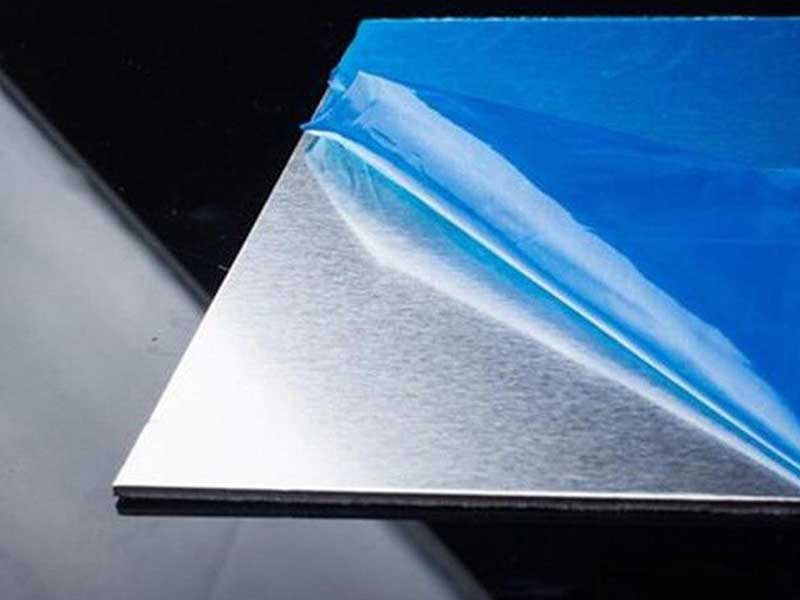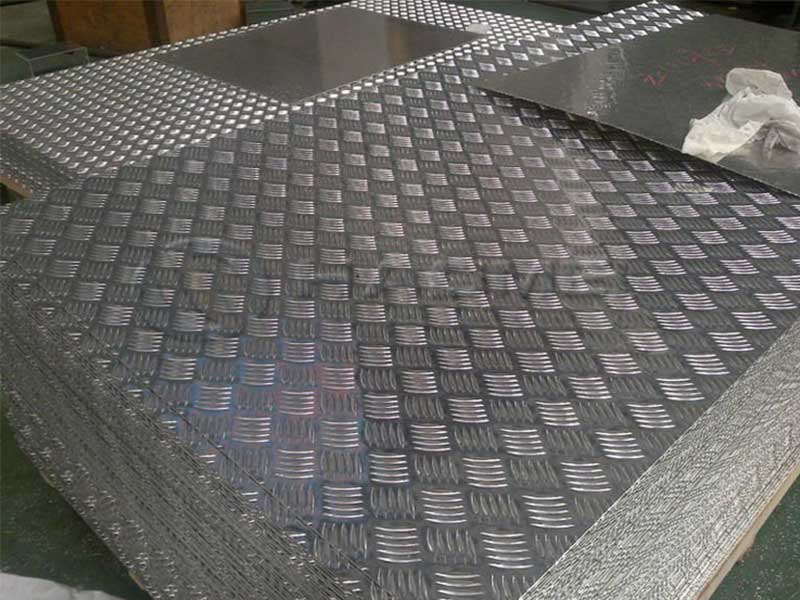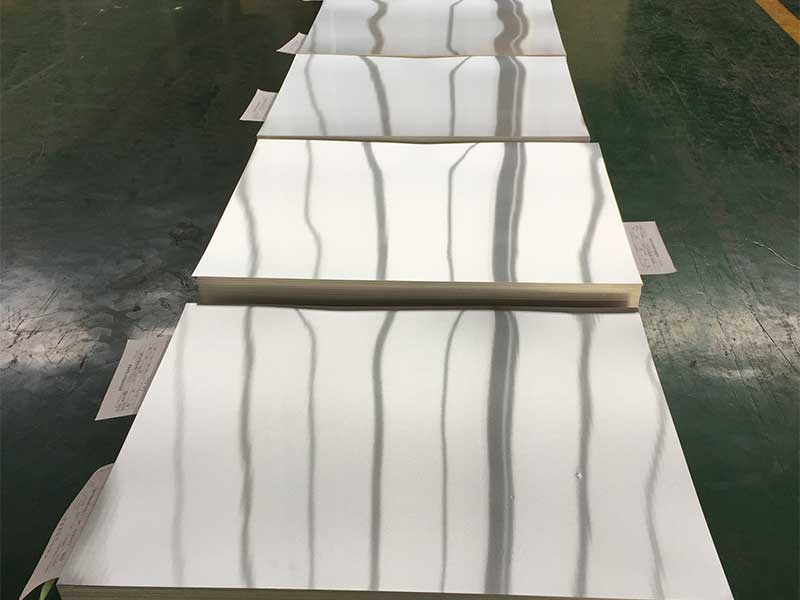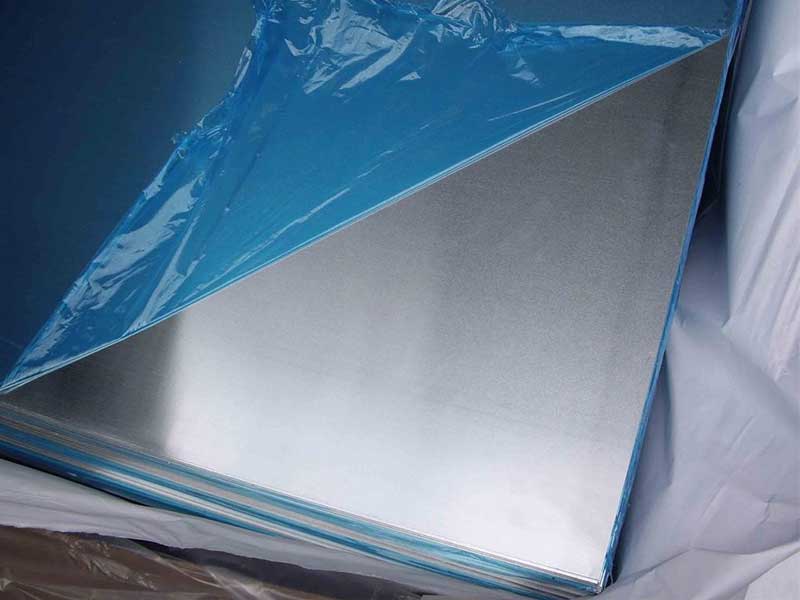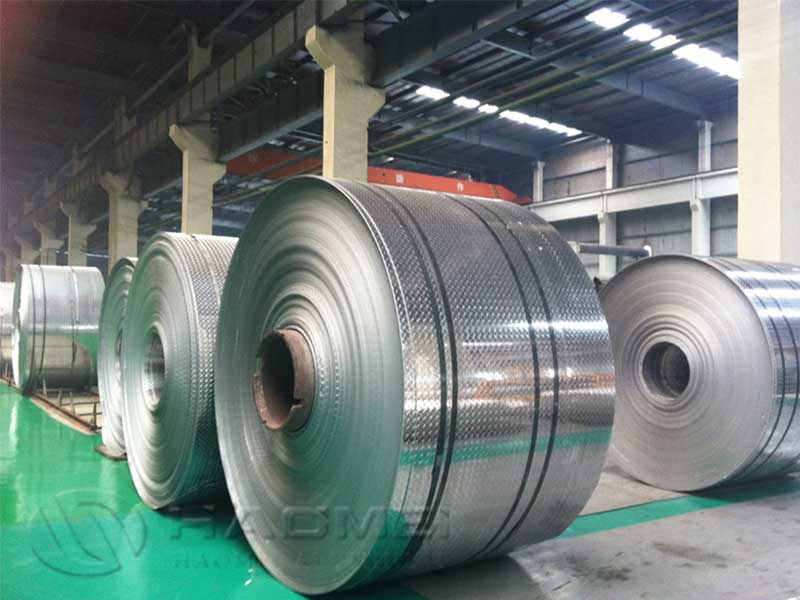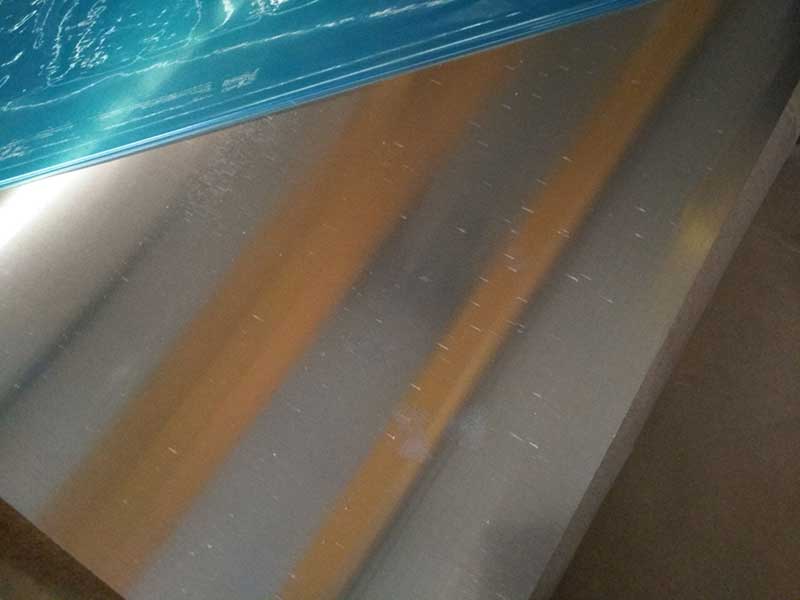2025-04-04 https://www.aluminum-coils.com/a/aluminum-sheet-for-battery-case.html
The world is witnessing an unprecedented surge in electric vehicles (EV) and rechargeable batteries, driving a need for innovative manufacturing solutions. With energy efficiency, thermal regulation, and weight reduction at the forefront of battery case materials, aluminum sheets emerge as a prime contender.
Why Aluminum Sheets?
At their core, aluminum sheets are lightweight yet robust, offering excellent corrosion resistance and thermal conductivity. Their unique properties enable battery manufacturers to design products that guard against environmental impacts while maintaining optimal performance. More importantly, integrating aluminum into battery case design can enhance user experience by contributing to an overall reduction in vehicle weight—boosting efficiency without sacrificing durability.
From my experience working with aluminum sheet production, its application in battery cases presents a unique set of challenges and opportunities. We often see requests for specific alloy compositions, like 6061 or 5052, chosen for their strength-to-weight ratio and corrosion resistance, crucial for protecting the sensitive battery components. However, the manufacturing process needs careful consideration. The forming processes, whether deep drawing or roll forming, must be precisely controlled to avoid defects like cracking or thinning, especially in higher-gauge sheets. Achieving consistent surface finish is also paramount, influencing the subsequent adhesion of coatings or paints, which are often essential for improving thermal management and overall battery life. We've found that close collaboration with battery manufacturers during the design phase is crucial to optimize the sheet's properties and ensure compatibility with their production processes.
Beyond the mechanical properties, we are increasingly focused on the sustainability aspect. The use of recycled aluminum is gaining traction, allowing for a reduction in the carbon footprint of the battery case production. We're actively working on improving our recycling processes and developing new alloys with higher recycled content without compromising performance. This is particularly crucial given the growing demand for electric vehicles and energy storage solutions. Furthermore, research into surface treatments that enhance both corrosion resistance and recyclability of the final battery pack is an area of ongoing interest, paving the way for more environmentally friendly battery technologies.
Lightweight Advantage
Weight is critical in battery design, especially in the high-performance electric vehicle market. Aluminum’s lightweight nature—about a third of steel—allows engineers to create battery cases that substantially decrease overall vehicle weight. With so many battery management systems vying for space and stability inside the battery case, an aluminum sheet option offers an excellent design canvas that delivers optimal durability without unwanted added weight.
Thermal Management
In battery applications, particularly lithium-ion batteries commonly found in electric vehicles, thermal management proves crucial. The longevity and performance of batteries can hinge on their ability to maintain optimal operating temperatures. Aluminum sheets boast exceptional thermal conductivity that facilitates effective heat dissipation. This characteristic not only extends battery life but improves efficiency, allowing for quicker charging and consistent performance across varied temperature ranges. The result is a notable improvement in the user's driving experience.
Ecological Considerations
As the push for sustainability redesigns industry standards, the circularity of materials becomes paramount. Aluminum recycling is incredibly efficient, reclaiming 95% of the energy needed to produce primary aluminum. By choosing aluminum sheets for battery cases, manufacturers can utilize a material that is not treatable as waste, but as a repeatedly reusable resource. This cyclical use ensures reduced environmental impact, aligning insurance emissions concerns while reflecting an ethical commitment to sustainability.
Structural Resilience
When it comes to crash safety in battery-operated vehicles, vacating early caveats surrounding materials strength becomes imperative. Aluminum sheets exhibit structural resilience against mechanical impacts—an essential safely feature. This property allows manufacturers to adopt lighter designs without significantly compromising protection. Notably, when battery technology is aspirationally aimed at empowering the urban commuter, robust aluminum configurations translate right into safer urban environments.
Customization and Cost-Effectiveness
A perception routinely underestimated within the industry is aluminum sheet’s adaptability and related cost efficiency. Advances in cutting techniques, such as laser and waterjet cutting, allow for precise outcomes which degrade any preconceptions of excessive manufacturing awareness. Aluminum is exceedingly versatile; it can be customized in thickness, corrosion resistance coatings, or locking assemblies tailored to unique applications. Thus hamster wheeling around costly material overestimation.

